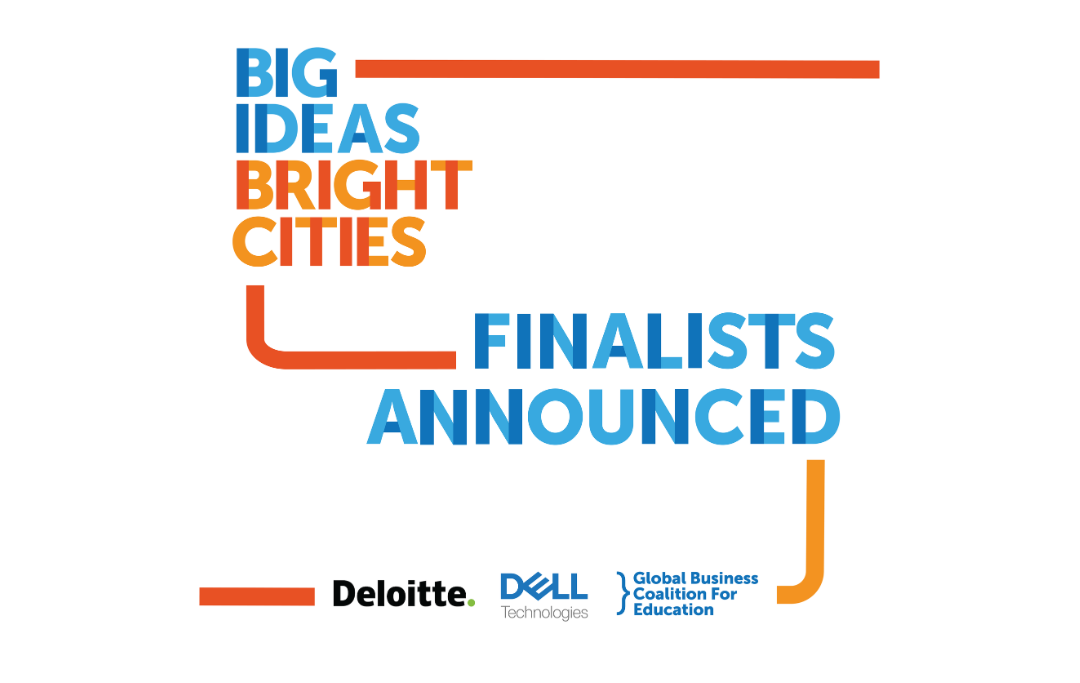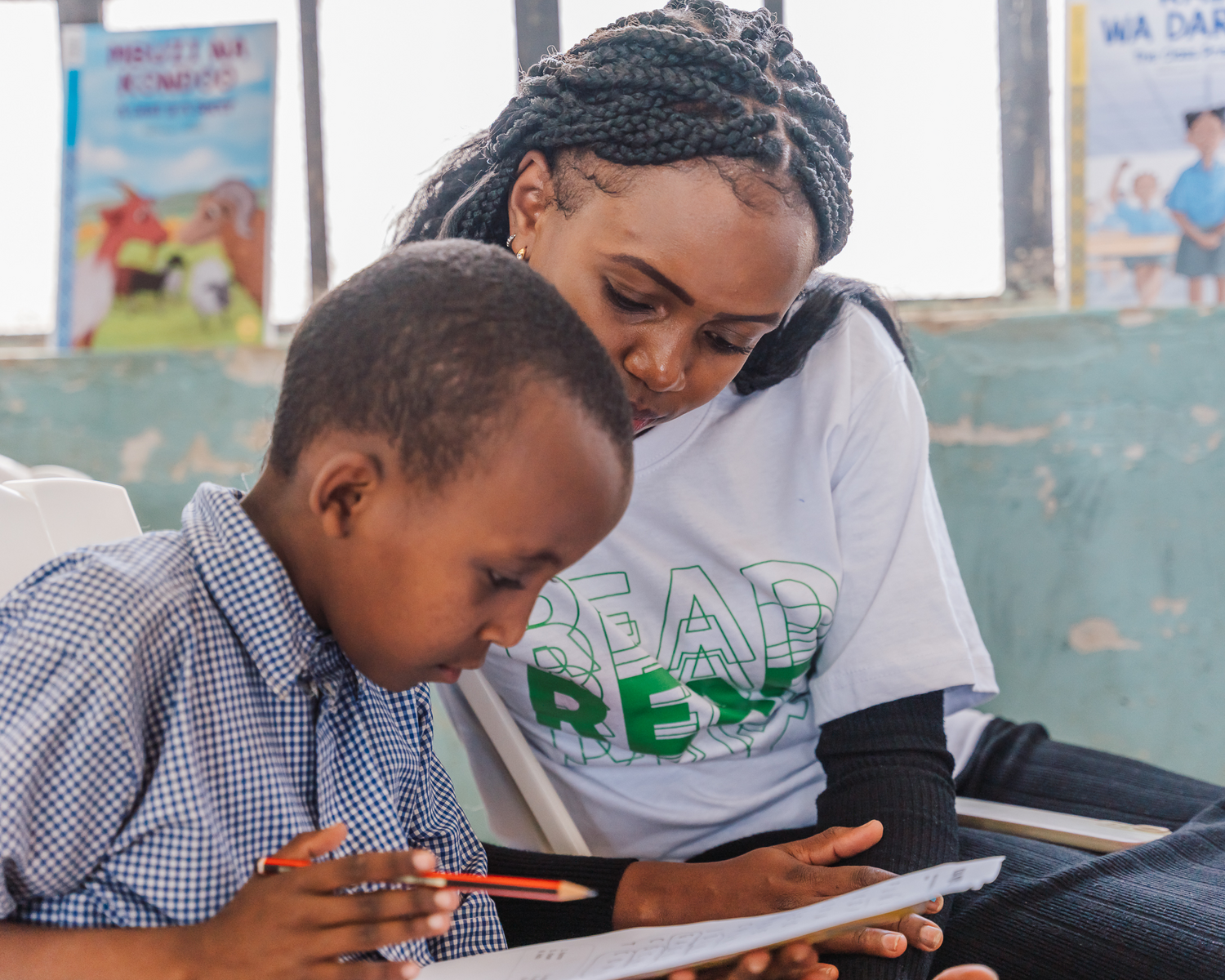
Youth skills development
Why this matters
Globally, half of all young people, more than 800 million in total, will by 2030 not have the basic skills necessary for the workforce. In the United States, one in 10 young people – approximately four million youth – are not currently enrolled in school or engaged in work.
This is a challenge for both youth entering the workforce and for businesses seeking the new generation of employees equipped with the skills needed to lead the new frontiers of the economy, technology, and society. This skills gap will also negatively impact the productivity, economic capacity, social health, and sustainability of communities worldwide.
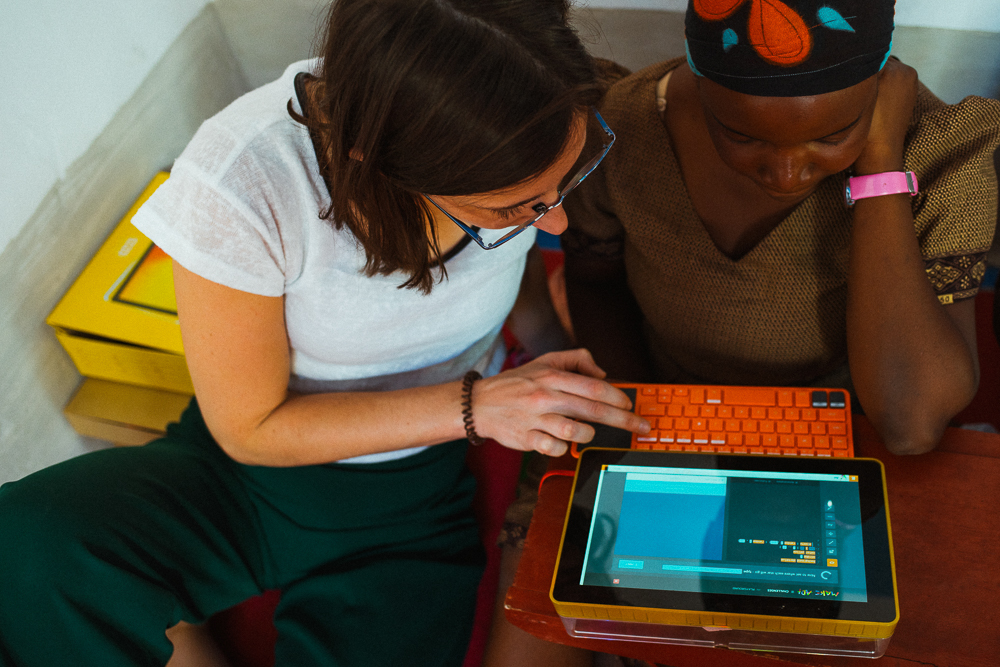
What we are doing
GBC-Education tackles these challenges head-on by harnessing the innovation and creativity of youth and industry leaders. Our Skills Friendly Cities initiative brings together all of our efforts to address the skills crisis with the urgency it deserves.
We convened a Youth Skills and Innovation Commission to identify new models to rapidly enhance the skills of young people and inspire attributes and abilities that support success on the job. This work was supported by a Youth Council that provided direct feedback to the Commission, applauded the recommendations, and encouraged business, governments, and fellow youth to take action.
Our global research on youth skills development has been documented in landmark reports including, Resilience: A New Youth Skill for the Fourth Industrial Revolution and our flagship Youth Skills and Innovation Report. These reports have acted as the foundation for pledges, commitments, and action worldwide.
In addition, GBC-Education has developed targeted programs and reports in key world regions and countries, providing actionable analysis for policymakers, educators, and the business community. For instance, GBC-Education produced a regional skills scorecard that describes the skill crises in various regions across the globe. With support from Dell and Deloitte, we published the U.S. Skills Friendly Cities report which identifies how key U.S. cities are performing in youth skill development. GBC-Education also partnered with UNICEF Regional Office of South Asia and Generation Unlimited to host the South Asia Youth Skills and Solutions Forum in Mumbai, India as part of our work to understand the regionally specific challenges of developing skills for youth.
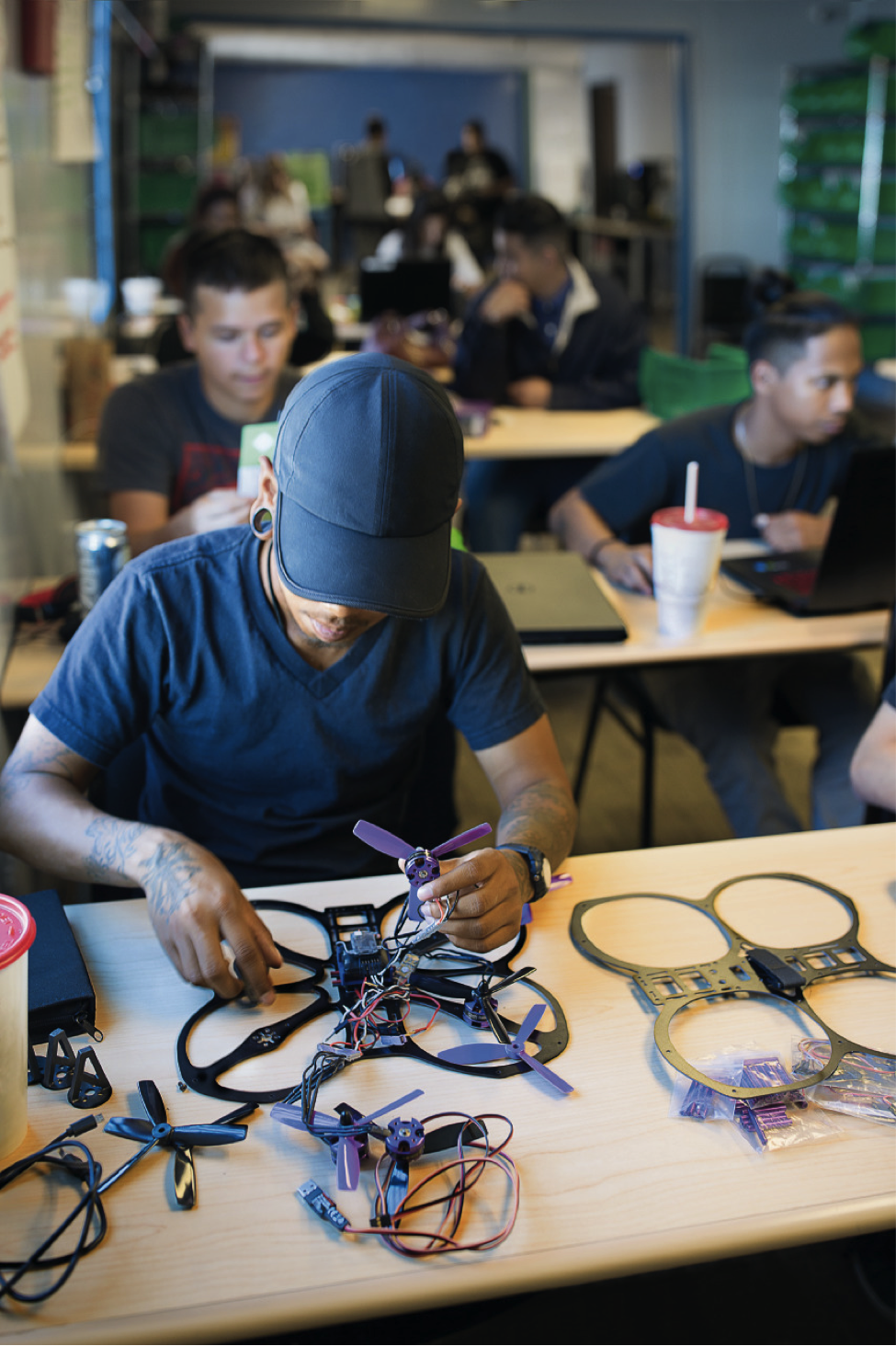
The 2030 Skills Scorecard calculates and projects the percentage of students in each world region currently on track to attain a basic level of secondary education as a measurement for workplace skills readiness.
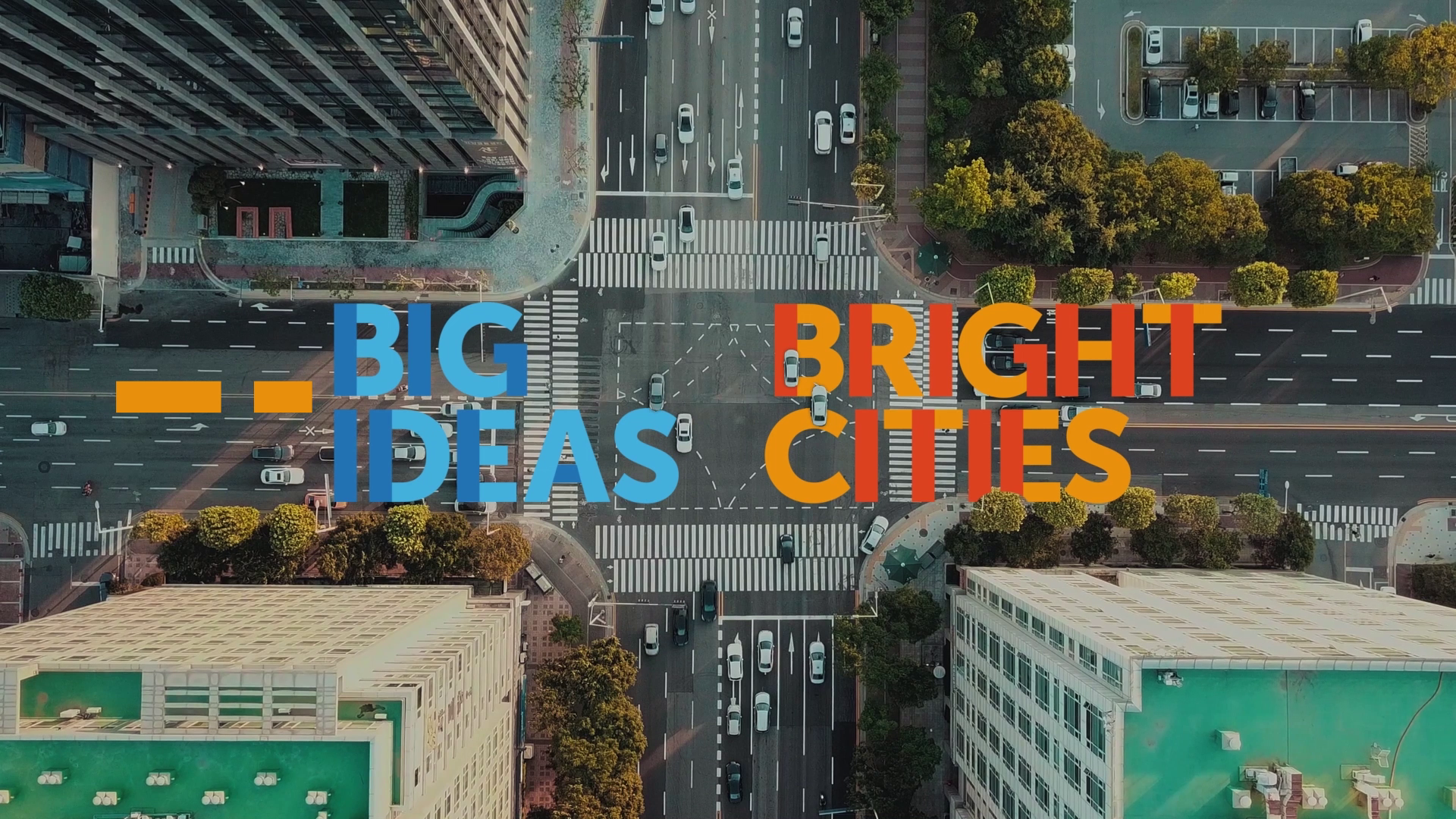 Play/span>
Play/span>Video
Big Ideas, Bright Cities Challenge
To ensure this problem today doesn’t become a crisis tomorrow we’re building a network of Skills Friendly Cities across the United States and launched our Big Ideas, Bright Cities Challenge.
We have asked community organizations, city officials and business leaders to bring us their big ideas to make their city skills friendly. Together, we’ll create a community of practice of change makers across cities nationwide – and award grants that help the best ideas become reality.
Latest Research

Strategy and Guides
Your Journey to Impact Guides

Reports and Research
The State of US Cities and Youth Skills

Reports and Research
An Untapped Force for Global Education: An Exploration of Small and Medium Enterprises (SMEs)
Latest insights
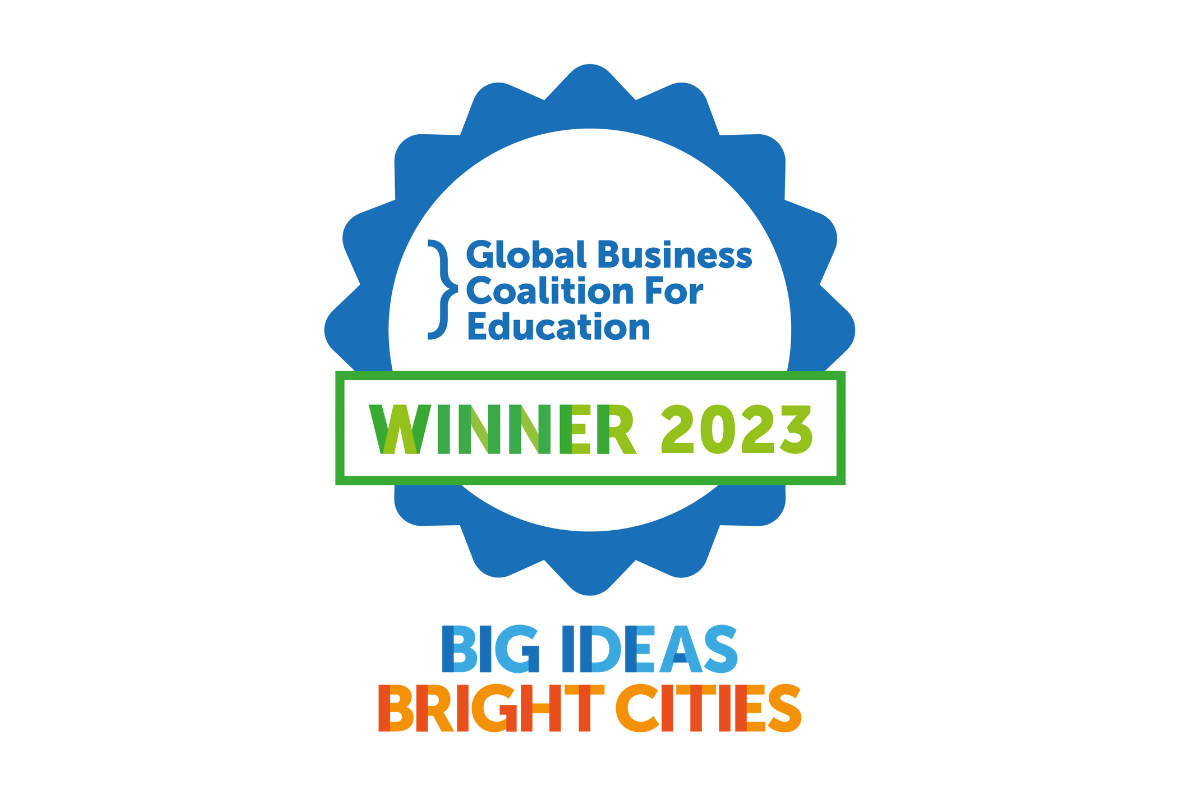
Nonprofit from Los Angeles, California wins $100,000 award in nationwide “Big Ideas, Bright Cities Challenge”
